
Grape Germplasm Resources and Genetic Breeding Research Team
1. Introduction
Principal Investigator: Professor Yuejin Wang
Professor of the College of Horticulture, Northwest A&F University, member of the “Trans-Century Excellent Talents of the Ministry of Education”, Director of theKey Laboratory of Horticultural Plant Biology and Germplasm Innovation in Northwest China, Ministry of Agriculture, Yangling, China; Special allowances experts of the State Council;Scientist of China Agriculture Research Systems for the grapeindustry, with a main research focus on Genetic Breeding and Evaluation of Grapevine Germplasm Resources.
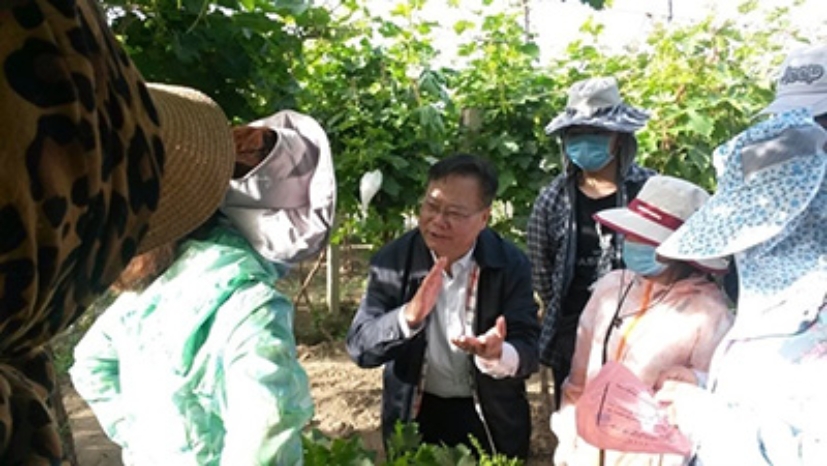
Concurrent Academic Appointment
The executive director of the Chinese Horticultural Society, the director of the Shaanxi Provincial Institute of Horticulture, and the vice chairman of the Shaanxi Association for Science and Technology
Member of the steering committee of the Ministry of Education for the master's degree in agricultural extension. Member of the discipline committee of the Shaanxi Provincial Academic Committee
Associate Editor of the Chinese Agricultural Science Bulletin and Acta Botanica Boreali-Occidentalia Sinica
The Editorial Board members of the Journal of Horticulture, Journal of Fruit Trees, Chinese and Foreign Grapes and Wines, and the Journal of Northwest A & F University (Natural Science Edition)
2.Main Research Fields & Contents
1.Collection, Evaluation, and Utilization of the Grapevine Germplasm Resource
2.Identification of a Major Fungal Disease Genes and Genetics of Wild Grapevine Resistance to Powdery Mildew, Downy Mildew, and Anthracnose
3.Evaluation and Molecular Mechanisms of Wild Grapevine under Abiotic Stresses
4.Molecular Mechanisms of Seedless Traits of Grapevine Rruit and Embryo Rescue Breeding
5.Genetic Improvement and the Development of Novel Grape Varieties
3.Major Projects Undertaken
National High-Tech Research and Development Program of China (863 Program)
National Natural Science Foundation of China
Research and Industrialization Development of Transgenic Plants from the Ministry of Agriculture of China
National Science and Technology Support Program is from the Ministry of Science and Technology of China
The "948" Program from the Ministry of Agriculture of China
The earmarked fund for China Agriculture Research Systems for the grape industry from the Ministry of Agriculture of China
Special Fund for Agro-scientific Research in the Public Interest from the Ministry of Agriculture of China
Major Scientific and Technological Projects from the Government of Shaanxi Province
The Tran-century/New Century Excellent Talent Support Program from the Ministry of Education of China
4.Academic Achievements
The biotic and abiotic stresses of Chinese wild grapevines were systematically evaluated, identifying a number of resistant wild grapevine species and strains and obtaining a lot of hybrid F1 generations from the interspecific cross combinations between Chinese wild grapes and European grapevine cultivars. Our group is also actively involved in the breeding of grapes for resistance to diseases. In particular, since 1998, we have been interested in the breeding of seedless grape varieties for resistance to fungal diseases with cross-combinations between Chinese wild grape species and commercial seedless grape varieties using the embryo rescue method. Some novel varieties showing significant characteristics of much bigger fruit grains, seedless and resistant to diseases,have been released in the last several years. Six thousand EST sequences of grapevines related to being resistant to disease and seedless were submitted to the NCBI database. We have published more than 200 academic papers, including more than 40 SCI papers, in journals such as New Phytologist and Journal of Experimental Botany. We got the “First prize of Shaanxi Province Scientific and Technological Progress in the Field of Chinese Wild Grapevine Resistance to Disease” and the “Second prize of Shaanxi Province Scientific and Technological Progress in the Field of Development of Novel Seedless Varieties”. We have been awarded ten national patents.
5. Team Members
The research group includes nine faculty and staff members from the College of Horticulture. We conduct research supported by the Key National Discipline in Pomology, the State Key Laboratory of Crop Stress Biology for Arid Areas, and the Key Laboratory of Horticultural Plant Biology and Germplasm Innovation in Northwest China, Ministry of Agriculture. The research members include professors, associate professors, young lecturers,fellows, and graduate students.
Dr. Jianxia Zhang, Professor of the College of Horticulture and grape breeding station expert of the "Shaanxi Province Grape Industry Technology System,"
Research Description: Genetic breeding and molecular mechanisms of stress response to abiotic stress in grapevines.
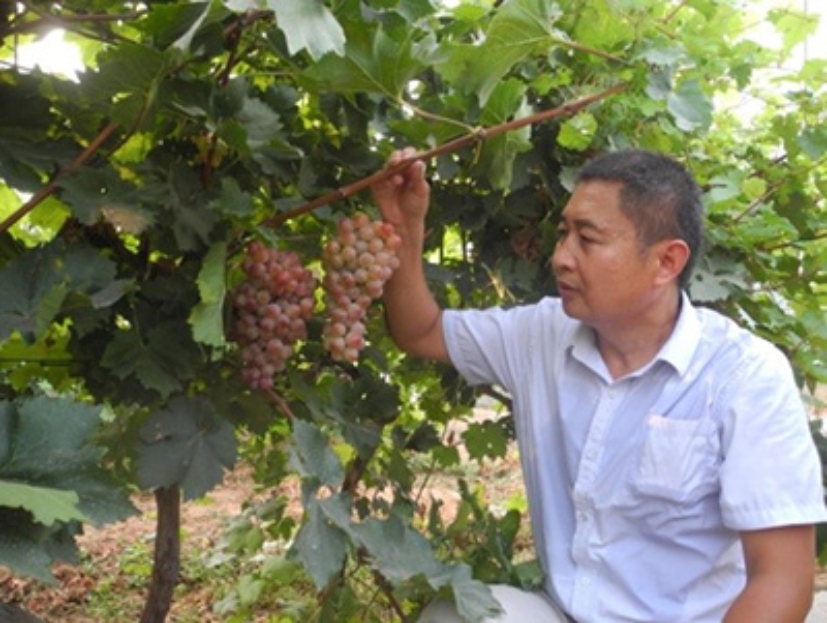
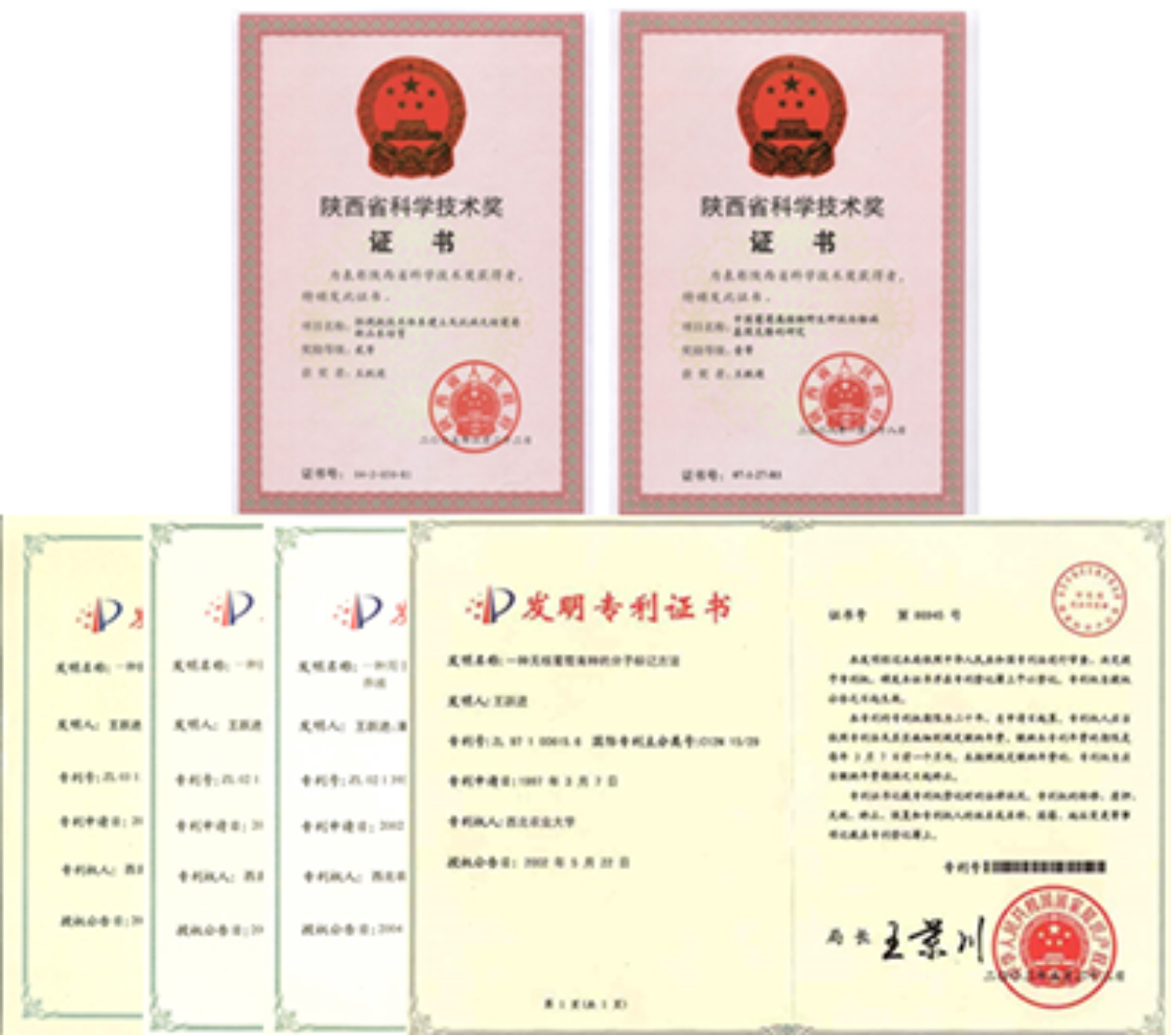
Dr. Xiping Wang, Professor of the College of Horticulture and member of the “New Century Excellent Talents of the Ministry of Education,”
Research Description: Molecular mechanisms of grapevine resistance to anthracnose.

Dr. Yan Xu, Professor of the College of Horticulture and member of the “New Century Excellent Talents of the Ministry of Education,”
Research Description: Molecular mechanisms of grapevine resistance to downy mildew.
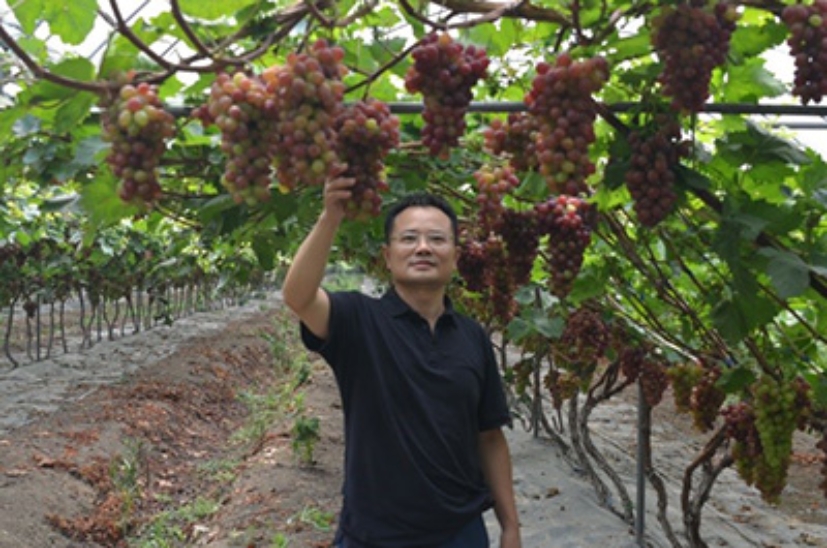
Dr. Yingqiang Wen, Professor of the College of Horticulture,
Research Description: Molecular mechanisms of grapevine resistance to powdery mildew.
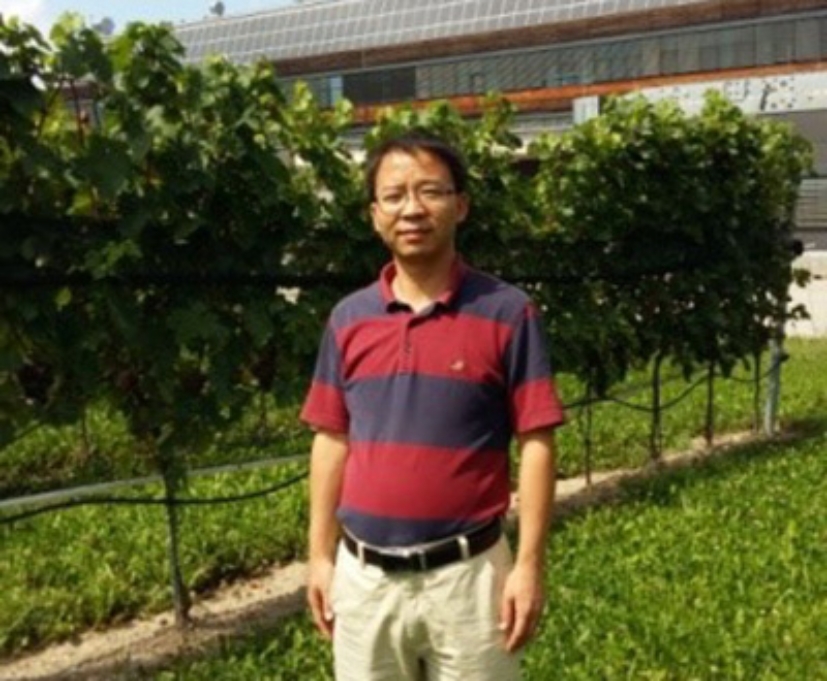
Dr. Chaohong Zhang, Professor of the College of Horticulture,
Research Description: Molecular mechanisms of the characteristic of grapevine seedless.
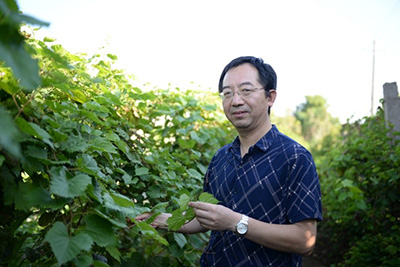
Dr. Zhi Li, Associate Professor inthe College of Horticulture,
Research Description: Molecular mechanisms of grapevine resistance to anthracnose.

Dr. Guotian Liu, Associate Professor inthe College of Horticulture,
Research Description: Mainly engaged in grape and downy mildew interaction molecular mechanism research.

Dr. Min Gao,Associate Professor inthe College of Horticulture,
Research Description: Molecular mechanisms of grapevine resistance to anthracnose.

Dr. Tengfei Xu,Lecturerat the College of Horticulture.
Research Description:1) Molecular mechanisms of light and other environment cues modulating the quality of grape; 2) Advancesonmolecularmechanismsof grape response tostressinquiry; 3) Geneticimprovementofgrapequality traits by genome editing; 4)Breedingnewgrapecultivars.
